Marine City Commission Delays Vote on Cannabis Facility Regulations
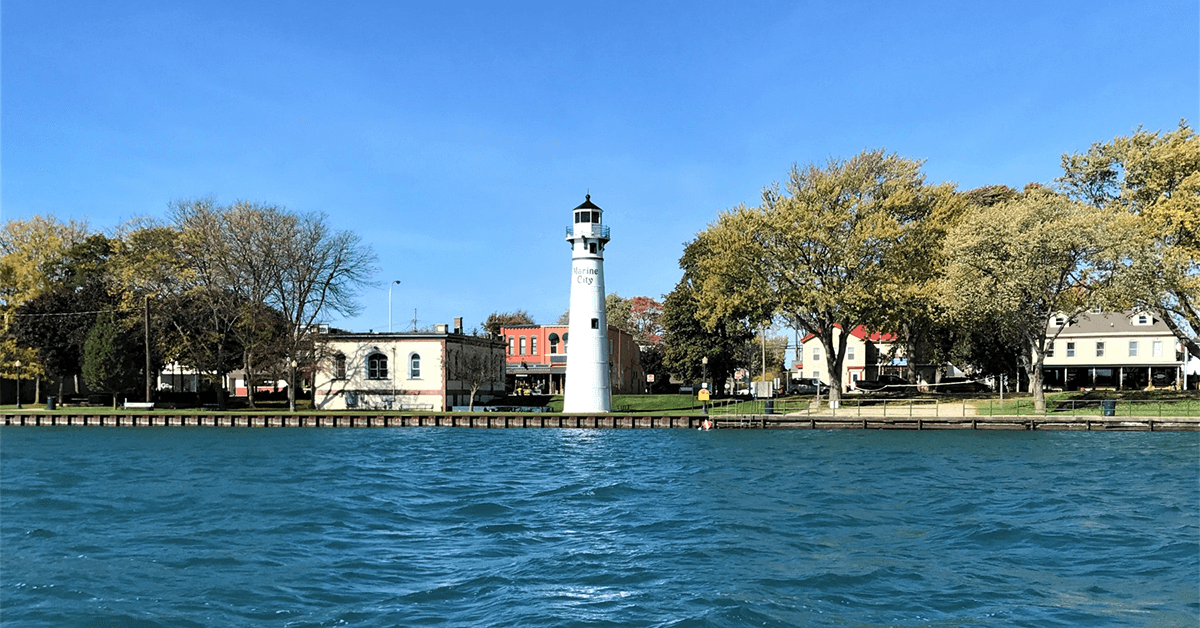
The Marine City Commission has postponed its decision on the adoption of a new ordinance aimed at regulating adult-use cannabis facilities within the city limits. The delay, announced during their February 15th meeting, marks another setback in the city's efforts to finalize regulations surrounding the establishment of cannabis businesses.
In the fall, the commission had successfully passed the first reading of an ordinance designed to introduce adult-use cannabis facilities to Marine City. This initial proposal set forth strict zoning requirements, demanding a 1,000-foot buffer zone from various sensitive areas, including residential zones, schools, churches, rehabilitation centers, child care facilities, and similar establishments.
However, complications arose when City Manager Scott Adkins revealed issues with the proposed zoning restrictions. Initially, a map outlining a 1,000-foot buffer zone left no viable locations for cannabis facilities. Subsequent adjustments to reduce the buffer zone to 750 and then 500 feet did little to alleviate the problem, eventually identifying only two potential sites for such establishments.
During a January 18th meeting, the commission agreed to reconsider the ordinance with the reduced 500-foot buffer, prompting a review and adjustment of the language concerning zoning requirements. Public opinion on the matter has been mixed, with a majority expressing opposition to the introduction of cannabis facilities in Marine City, while others, including former Commissioner Michael Hilferink, have voiced support.
The recent discussion highlighted Commissioner Brian Ross's suggestion to align the city's zoning restrictions more closely with state recommendations, which primarily focus on avoiding exclusively residential areas and maintaining a 1,000-foot distance from K-12 schools. Ross proposed that by adhering to these state guidelines, Marine City could demonstrate compliance while still imposing additional local restrictions.
City Attorney Robert Davis emphasized the importance of reviewing the final mapping to ensure the ordinance's effectiveness and legality. He also noted that there is no urgency to finalize the ordinance, advocating for a thorough review process to ensure the community's needs and legal requirements are adequately addressed.
The commission decided to further explore zoning possibilities by working with the county's geographic information system service to create a map that incorporates the state's recommendations. This decision was approved by a vote of 6-1, with Commissioner William Klaassen dissenting. The outcome of this initiative will be discussed in future meetings, as Marine City continues to navigate the complex process of integrating adult-use cannabis businesses into its community framework.
Rochester Voters Stand Firm Against Recreational Marijuana Sales
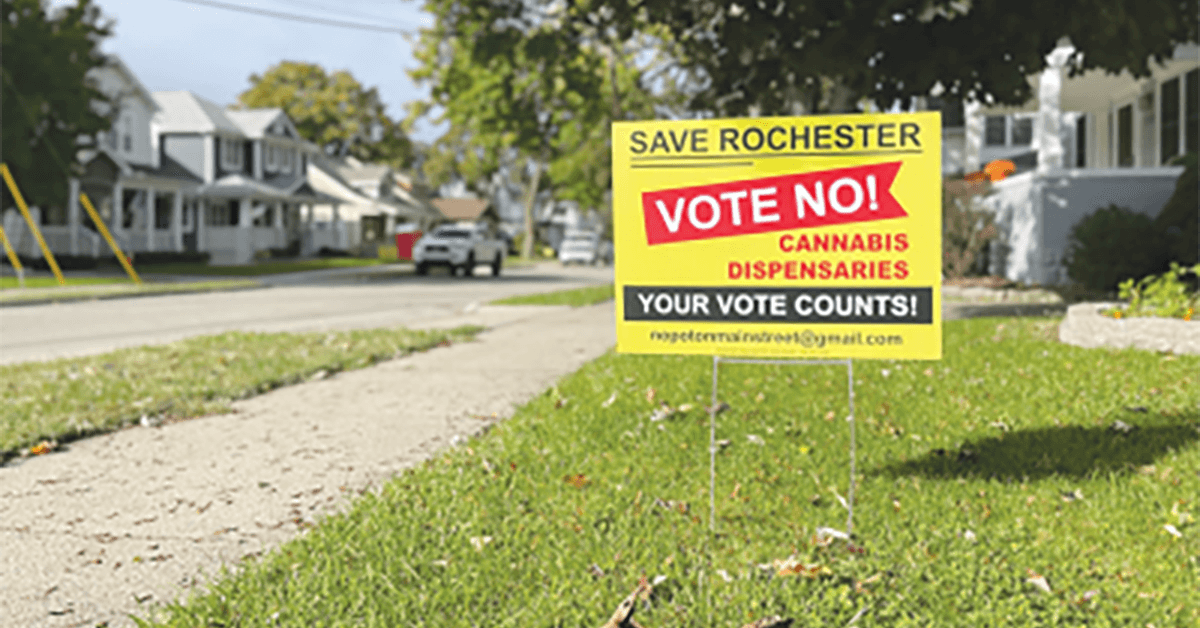
In a decisive move reflecting community sentiment, Rochester voters recently turned down two ballot initiatives aimed at introducing recreational marijuana sales within the city limits. This decision has spurred the Rochester City Council to evaluate its stance and prepare for any future proposals of a similar nature.
The inception of this issue dates back to November 2018 when Rochester, along with numerous Michigan cities, chose to opt-out of permitting marijuana sales following the state's legalization of the substance. The city council enacted an ordinance that unequivocally barred any marijuana-related businesses from operating in Rochester, exercising its rights under the Michigan Regulation and Taxation of Marihuana Act.
The narrative took a turn in 2023 when an external group, the Open Stores in Rochester Committee from Ingham County, mobilized to gather signatures for ballot measures to overturn the city's prohibition on cannabis sales. Despite their efforts, the community responded overwhelmingly in the November 7th, 2023, election, with 89% opposing the establishment of three recreational marijuana stores and 87% against a proposal for a licensing and application framework for such retailers.
In the aftermath, the City Council sought the advice of City Attorney Jeffrey Kragt on potential strategies to mitigate similar challenges in the future. During discussions, Mayor Stuart Bikson emphasized the council's commitment to due diligence and proactive planning to avoid being blindsided by future citizen-initiated legislation regarding marijuana sales.
Kragt outlined three primary options for the council's consideration: maintaining the status quo and keeping the ban on marijuana businesses, introducing specific legislation to regulate marijuana sales within designated areas of the city, or crafting a city-initiated ordinance or charter amendment for voter decision, offering an alternative to externally proposed regulations.
Despite these options, Kragt cautioned that there's no fail-safe method to prevent future ballot initiatives by external groups aiming to alter the city's marijuana policies. This reality led the council to decide against taking immediate action, with Councilwoman Debbie Jones and Marilyn Trent expressing their trust in the community's clear stance against marijuana sales and the potential confusion additional ballots might cause.
Mayor Pro Tem Nancy Salvia reflected on the strong message sent by Rochester residents, contrasting it with the significant sales figures from Michigan's legal marijuana market in 2023. The council, she stated, aims to uphold the current prohibitions while remaining vigilant about the possibility of future proposals.
In conclusion, the city's leadership, buoyed by a resolute community vote, opts to stand by its existing regulations on marijuana businesses. However, they remain aware of the evolving landscape and the likelihood of revisiting this issue as external pressures persist. City Attorney Kragt assured ongoing vigilance and communication with the council regarding any new developments.
Chesterfield Township Welcomes Its First Legal Cannabis Retailer
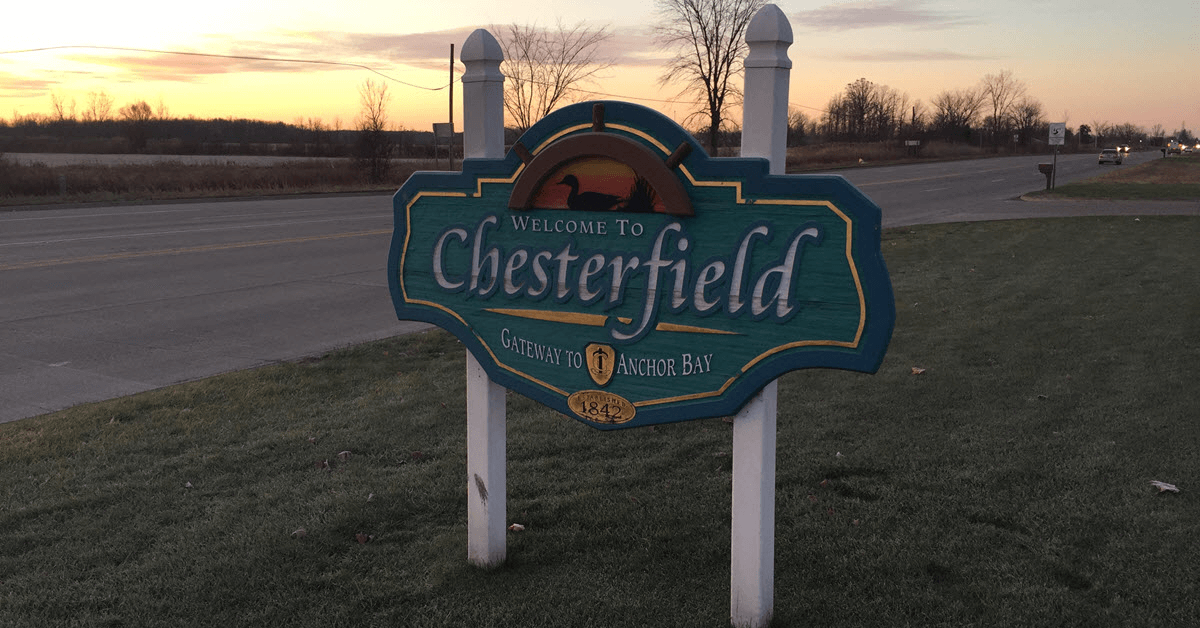
Six years after Michigan voters endorsed the legalization of recreational marijuana in 2018, Chesterfield Township has marked a significant milestone with the opening of its first recreational cannabis store. This development comes after a complex journey of local opposition, public petitions, and legislative hurdles, reflecting the broader challenges many Michigan communities have faced in integrating legal marijuana into their locales.
Chesterfield Township initially opted out of participating in the recreational cannabis market, mirroring the actions of numerous other Michigan communities wary of the implications. However, a determined petition drive in 2022 successfully brought the issue back to the township's voters, who in turn showed robust support for recreational cannabis with 57% in favor. This vote compelled the township to craft an ordinance to regulate the operation of marijuana businesses, culminating in the opening of the first store on February 19th.
Marcel Kattula, Director of Operations for Jars Cannabis, the township's inaugural recreational weed store, shared insights into the extensive preparatory work that preceded the opening. "It has been a process," Kattula remarked, highlighting the intricate logistics and coordination with the city that spanned several months, alongside the construction and setup efforts to ensure the store was ready for business. The store's launch, despite being minimally marketed, attracted considerable customer interest, a testament to the community's anticipation and support.
The store's establishment not only signifies a turning point for Chesterfield Township but also serves as a testament to the evolving attitudes towards marijuana in Michigan. The journey to this point was fraught with political debates, legal challenges, and a clear demand from the populace for access to recreational cannabis. This narrative is not unique to Chesterfield Township; nearby Warren, for example, continues to grapple with its stance on recreational cannabis, indicative of the ongoing discussions and deliberations at the municipal level across the state.
Jars Cannabis aims to offer a customer experience aligned with the expectations of the Chesterfield community. Unlike traditional retail models, the store emphasizes personalized service, with staff members greeting customers, understanding their needs, and recommending products accordingly. This approach reflects a broader trend in the cannabis industry towards creating a more informed and customer-centric retail environment.
As Chesterfield Township and other Michigan communities navigate the complexities of integrating recreational marijuana, the experiences of early adopters like Jars Cannabis may offer valuable lessons in balancing regulation, community expectations, and business innovation.
Caro to Vote on Expanding Marijuana Grower Licenses in February Election
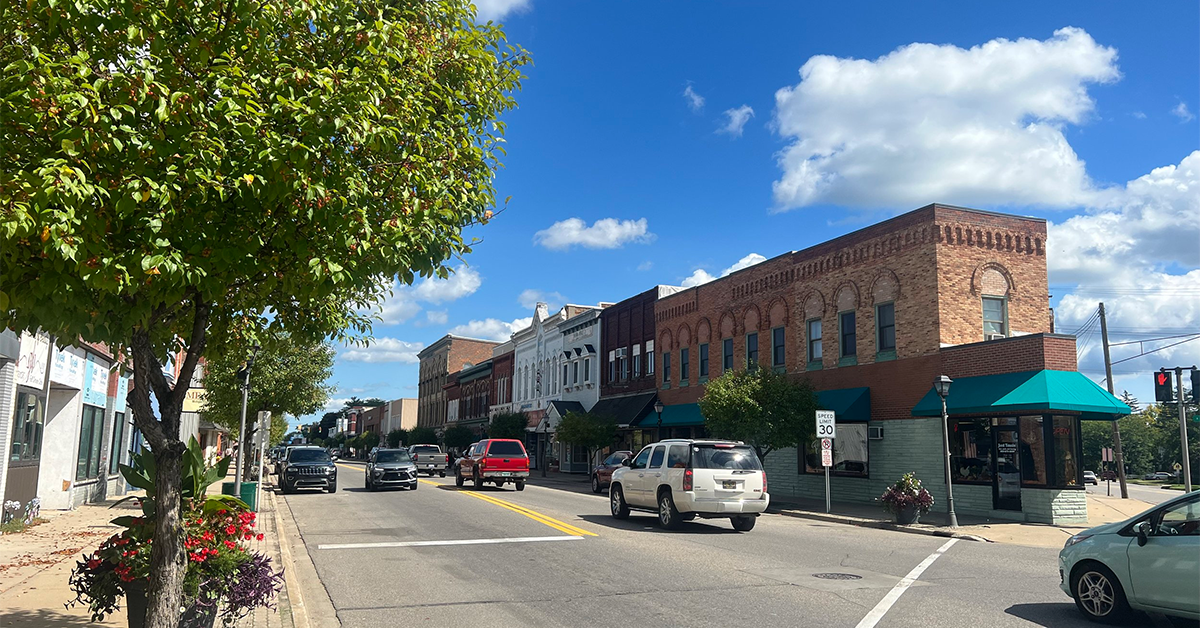
In the lead-up to the February election, Caro, Michigan, finds itself at a pivotal moment regarding the future of its marijuana industry. A local ballot committee has initiated a proposal to significantly expand the city's marijuana business licenses, aiming to stimulate economic growth within the community.
The heart of this initiative is to amend the existing marijuana ordinance to allow for a dramatic increase in the number of licenses issued for adult-use marijuana growers and processors. Specifically, the proposal seeks to expand the number of grower licenses from the current limit of two to a capacious thirty. Additionally, it introduces the possibility for businesses to obtain up to five Class C licenses.
The Michigan Adult Use Marijuana Act delineates three classes of cultivation licenses, with Class C being the focal point of this proposal. A Class C license authorizes the cultivation of up to 1,500 marijuana plants for medicinal purposes and up to 2,000 plants for recreational use. Presently, Caro hosts two Class C grower licenses and two dispensaries, Spark Cannabis and Premier Cannabis, contributing to the local marijuana landscape.
Representatives from the existing dispensaries, such as Premier Cannabis, have expressed optimism about the proposed changes. They believe that increasing the number of licenses will not only benefit small businesses by providing a broader range of local products but also enhance the community's access to these offerings without directly affecting the current dispensaries' operations.
The proposed ordinance is detailed as follows:
"The City of Caro is considering an 'Adult-Use Marihuana Establishments Ordinance' that would escalate the number of adult-use marihuana Class C grower licenses from two to thirty and processor licenses from two to eight. It also proposes the introduction of up to two excess adult-use marihuana grower licenses and empowers the city to oversee these establishments."
Given the nature of this being a proposed initiated ordinance, city officials have refrained from commenting on the matter. The community will have the opportunity to cast their votes on this transformative proposal in the upcoming election on February 27th, potentially setting a new course for Caro's economic and cultural landscape in relation to the marijuana industry.
Algonac to Consider Reversing Marijuana Establishment Ban in Upcoming Vote
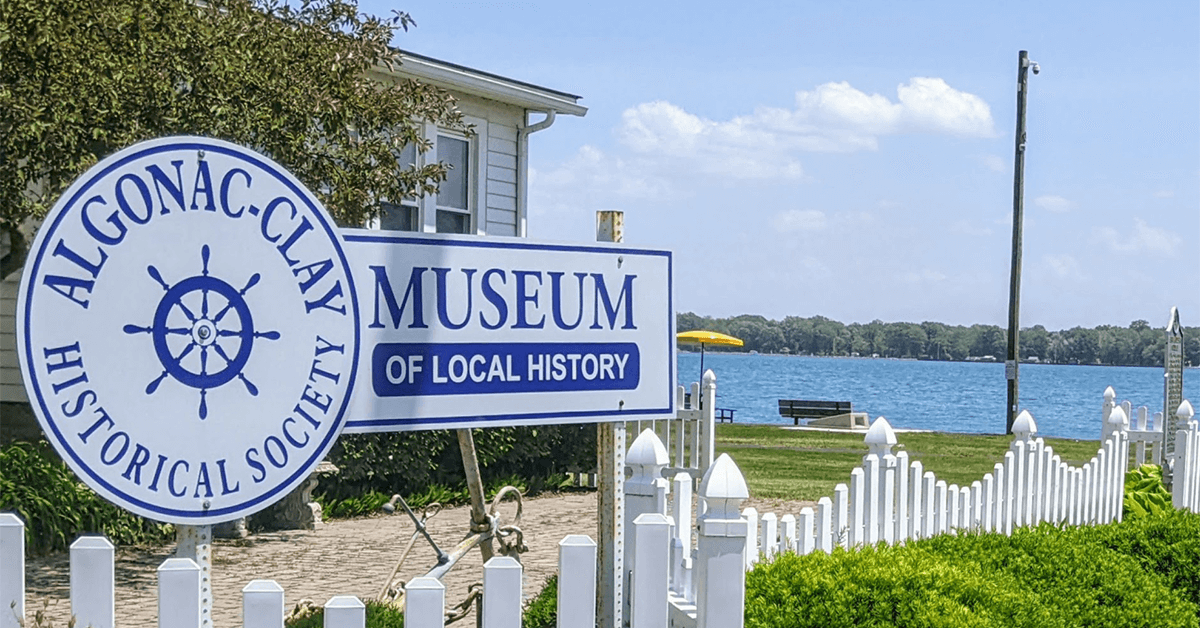
On February 27th, Algonac, Michigan, will see its voters making a pivotal decision that could reshape the city's approach to marijuana establishments. At the heart of this upcoming ballot is a proposal aimed at repealing the city's existing prohibition on marijuana businesses and introducing a new ordinance to permit the operation of one marijuana dispensary. This dispensary, if approved, would be licensed to offer both medical and adult-use marijuana, situated within a commercially zoned district of Algonac, thereby aligning the city with the state of Michigan's regulatory framework for cannabis provisioning centers.
This significant voter-initiated measure emerged after a successful petition drive, which saw the submission of petitions bearing 353 valid signatures to the city clerk—surpassing the threshold required to bring the matter before the electorate. The Algonac City Council, recognizing the petition's compliance with the necessary legal standards, agreed in December 2023 to place the proposal on the February ballot.
The affirmative vote on this proposal would initiate a series of procedural steps aimed at integrating the new dispensary into the city's commercial landscape. The process includes drafting a new zoning ordinance, a crucial step that would involve the city attorney and require the planning commission's review and recommendation before the city council's final approval.
This moment represents a critical juncture for Algonac, as it contemplates joining other Michigan communities that have embraced the economic and therapeutic potentials of regulated marijuana establishments. It's a decision that not only reflects the changing attitudes towards cannabis in Michigan but also underscores the community's desire to have a direct say in its local cannabis policy.
Kalamazoo Invests in Cannabis Education and Social Equity with New Chamber

Kalamazoo, a city known for its progressive steps towards integrating the cannabis industry into its local economy, is taking another significant stride. In a recent move, the city has allocated a portion of its cannabis tax revenue towards fostering education and job training within the cannabis sector for its residents. This initiative underscores a growing trend among municipalities to harness the economic potential of legal cannabis while promoting social equity and community education.
A three-year contract, valued at $990,000, was awarded to the Detroit Cannabis Project (DCP) earlier this month by the City Commission. This collaboration aims to establish a "Social Equity Cannabis Chamber" in Kalamazoo, an entity designed to mirror the functions of a traditional chamber of commerce but with a focus on the unique needs of the cannabis industry and its clientele.
Antonio Mitchell, Kalamazoo's Economic Development Director, elaborated on the chamber's mission, emphasizing its role in offering resources specifically crafted for cannabis businesses and their customers. In 2022, Kalamazoo received $881,300 in revenue from marijuana business fees and taxes from the state. A 2020 ordinance mandates that at least 25% of these funds are dedicated to initiatives such as training for people of color in owning and operating marijuana businesses, community outreach, and educational programs about cannabis use, aligning with the city's broader priorities.
The Detroit Cannabis Project, under the leadership of founder Rebecca Colett, brings a wealth of experience and resources to this partnership. Since its inception in 2020, DCP has aimed to enhance diversity within the cannabis industry. The project has evolved into an incubator program, offering a variety of services including cannabis health and safety classes and support for those interested in entering the cannabis market, whether through employment or entrepreneurship.
Addressing the persistent stigma surrounding cannabis, particularly in communities adversely affected by the war on drugs, Colett highlighted the importance of accessible information and education. DCP's approach allows community members, including those from religious or neighborhood organizations, to seek advice and information from medical professionals about cannabis.
Beyond educational efforts, DCP intends to facilitate networking between the cannabis sector and other businesses in Kalamazoo, fostering a synergy that can lead to mutual growth and opportunities. This initiative is part of a broader vision to integrate the cannabis industry more seamlessly into the local economy, emphasizing relationship-building as a cornerstone of success in this unique field.
Despite the lack of federal legalization, Michigan's cannabis market is thriving, with 574 licensees generating $1.8 billion in sales in 2022. Kalamazoo is leveraging this vibrant industry to promote education, awareness, and positive community engagement, according to Mitchell. The partnership with DCP is seen as a pathway to achieving these objectives, ensuring the cannabis industry contributes constructively to the city and its residents.
An inaugural event planned for this spring by DCP will mark the beginning of this ambitious program, though specifics are still being finalized. With established partnerships in other Michigan cities such as Grand Rapids and Battle Creek, DCP's experience and existing networks in West Michigan are expected to enhance the effectiveness of the Social Equity Cannabis Chamber in Kalamazoo.


 Helpful Links
Helpful Links